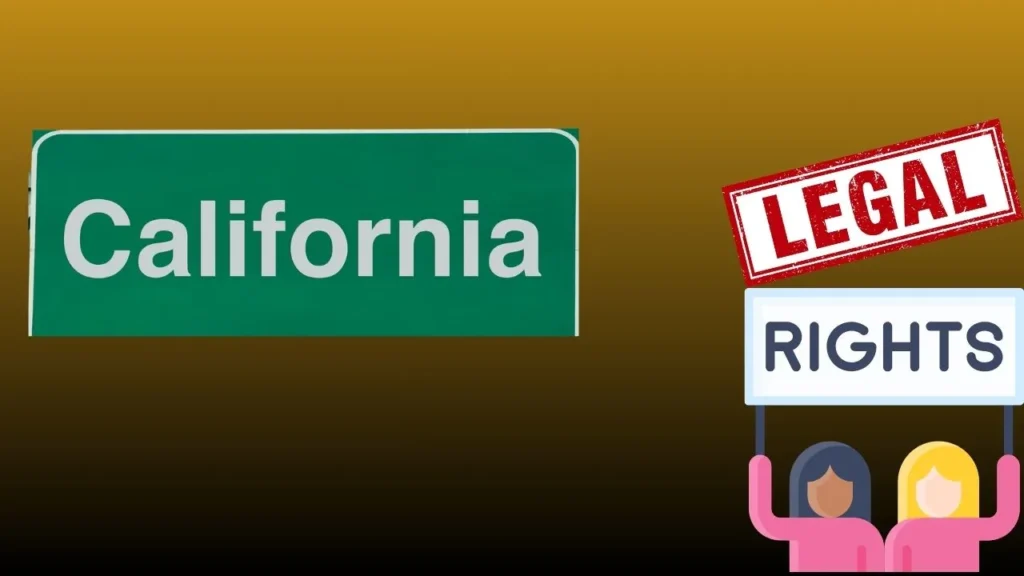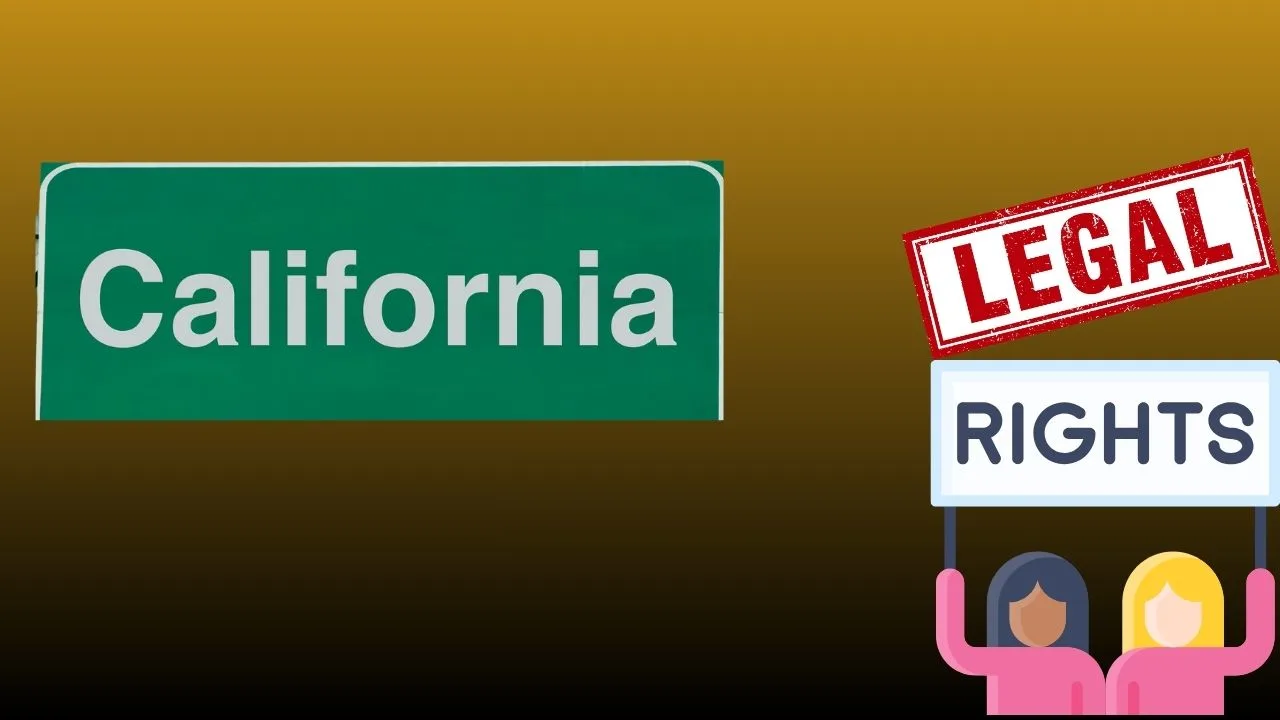What are your Legal Rights while Interacting With Police in California.Interacting with police can feel stressful, intimidating, or even frightening. In California, knowing your legal rights can make all the difference in protecting yourself and avoiding unnecessary trouble.
These rights are not just abstract ideas as they are the tools which you can use in real situations to help you to stay safe, calm, and legally protected. This blog will provide you with information about the basic rights when you are stopped, questioned, searched, or arrested by police officers in California.
It also touches on special protections for young people under 18. The main aim is to break things down into simple terms so you know exactly what to do and say if you ever find yourself in one of these situations.
What are your Legal Rights while Interacting With Police in California-Overview
| Article on | What are your Legal Rights while Interacting With Police in California |
| Stopped on the street | Ask: “Am I free to go?” Leave calmly if yes. |
| Questioned by police | Say: “I want to remain silent.” |
| Traffic stop | Show license, registration, insurance. Keep hands visible. |
| Search request | Can refuse by using the statement: “I do not consent to a search.” |
| Arrested | Give name only. Say: “I want a lawyer.” |
Why Knowing Your Rights Matters
Police officers have a duty to enforce the law, but they also have a lot of power at the moment. That power can feel overwhelming, especially if you don’t know what you are required to do or not do. The truth is, while police are expected to respect your constitutional rights,
they do not always explain them to you clearly. Sometimes officers may even use trickery to get you to talk or give consent you don’t legally have to provide.

If You Are Stopped for Questioning
If a police officer approaches you on the street or in another public place, the very first thing you should or can ask is: “Am I free to go?” If they allow it, you can leave calmly. If the officer says “no,” you are being detained, and you should ask politely,
“Can you tell me why you are stopping me?” Remember that you always have the right to remain silent. If you choose to stay silent, say clearly, “I want to remain silent.” That one sentence is powerful as it tells the officer you are using your constitutional right.
If You Are Stopped in Your Car
The traffic stops are one of the most common ways people interact with police. If you are driving and get pulled over, you must show your license, registration, and insurance proof. Keep your hands visible, ideally on the steering wheel, and tell the officer what you are doing before you move. For example, you might say, “I’m going to reach for my registration in the glove box now.”
You do not have to agree to a search of your car. If asked, you can say, “I do not consent to a search.” The officer may still search anyway, but your refusal is more important to state out loud as it can make a difference later in court.
If You Are Arrested
Being arrested is serious, but your rights are still in full force.
- You are only required to give your name and basic identifying information.
- Simply denied to the cop by saying “I want to remain silent” and “I want to talk to a lawyer.” After you say these words, the police should stop questioning you.
- You are strictly advised to not give any explanations, excuses, or stories because these can be used against you.
- Denied to sign any documents or make decisions without a lawyer present.
Your Right to Refuse Searches
Police often ask to search your body, your bags, or your car. Even if you refuse, the officers may still proceed with the search. However, making your refusal clear can later help in court if the search turns out to have been unlawful. The most important thing to not do is fight back or any harming physical activity against them. That can lead to additional charges or even danger to your safety.
Special Rights for Youth Under 18
Under SB 203, if you are under 18, police cannot question you about a crime until you have first spoken with an attorney. This rule exists because young people may not fully understand their rights or the consequences of giving up those rights. The minors can demand for the attorney in the situation because they have the right for it. Do not say anything else. Even if the officer tries to make small talk or act like a friend, remember that anything you say can still be used against you.
After an Unlawful Stop or Arrest
If you believe that your rights were violated, you can file a complaint against the officer or department who is involved in it. It will be helpful for you to write down everything you remember such as the names, badge numbers, patrol car numbers of the police, what was their statement, and what happened.
If there are any witnesses nearby, just get their contact information so they can help you in any future issue. If you were injured, move to the hospital very soon and take photos for the evidence.
| Home Page | https://sbbarristers.com/ |
FAQs for What are your Legal Rights while Interacting With Police in California
Is it important to talk with the police?
No, just say: “I want to remain silent.”
Can I leave?
You can simply ask them, “Am I free to go?”
